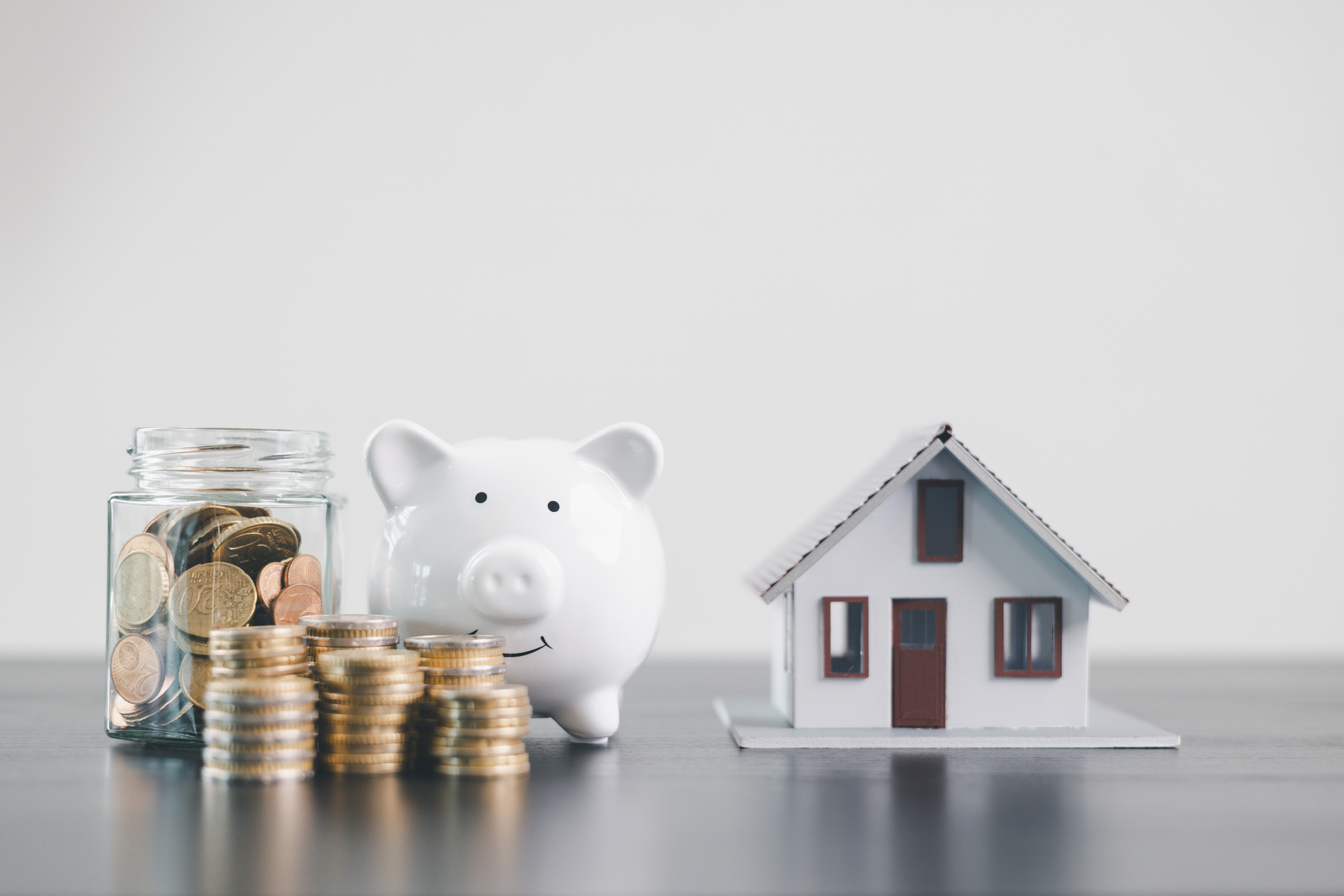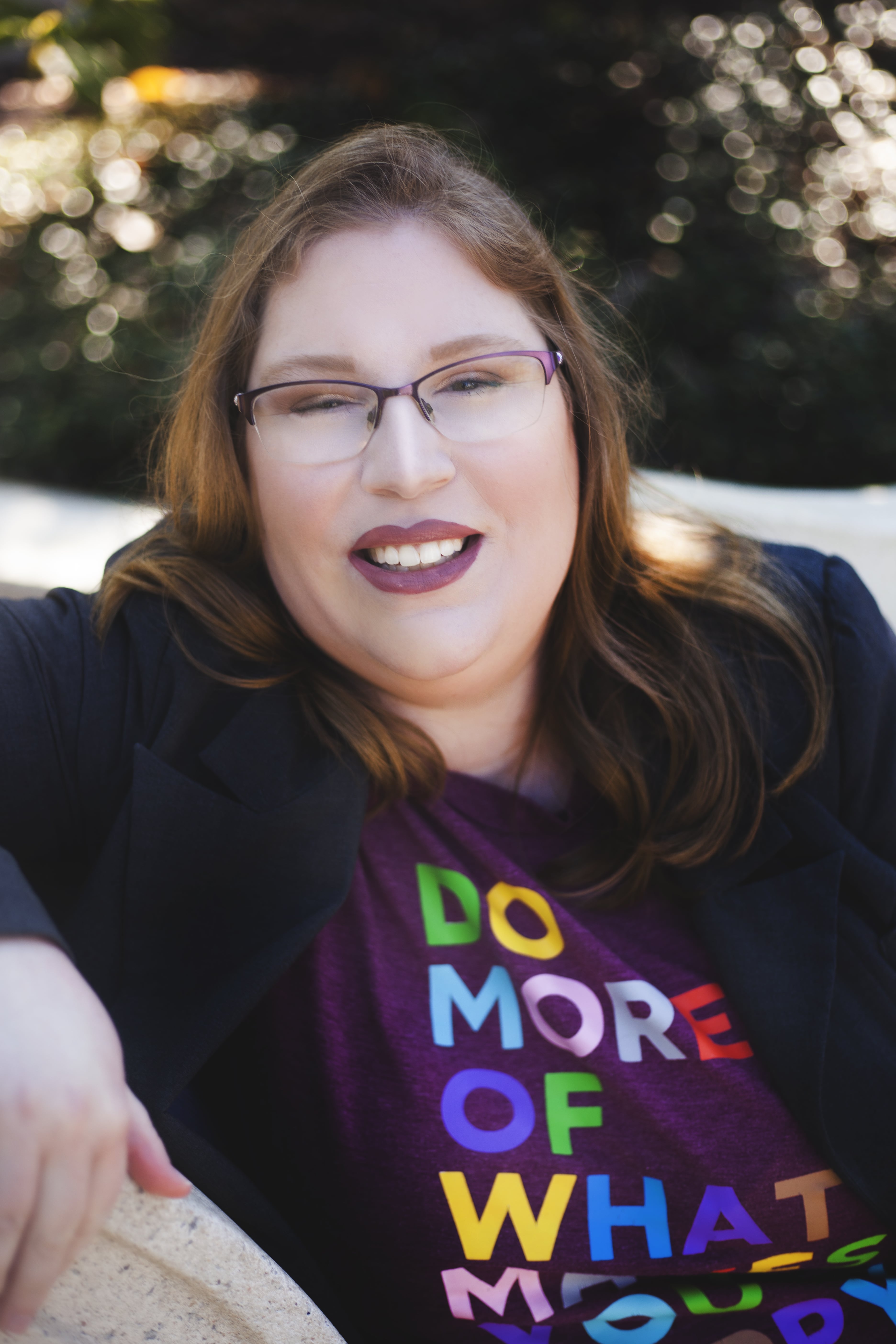Should You Pay Cash for a Home? Why Even Millionaires Choose Mortgages
Some of the wealthiest Americans opt for mortgages as a strategic way to preserve liquidity, leverage investments and reduce tax exposure.

Profit and prosper with the best of Kiplinger's advice on investing, taxes, retirement, personal finance and much more. Delivered daily. Enter your email in the box and click Sign Me Up.
You are now subscribed
Your newsletter sign-up was successful
Want to add more newsletters?

Most Americans rely on mortgages to buy a home because the typical house still costs far more than what the average worker earns in a year.
According to Redfin, the current U.S. average home price is about $423,261, a figure that remains out of reach for many households without financing.
Meanwhile, recent data from the Bureau of Labor Statistics (PDF) show that median weekly earnings for full-time wage and salary workers hover near $1,200, which translates to around $62,000 a year — a far cry from what it takes to buy even an average-price home in cash.
From just $107.88 $24.99 for Kiplinger Personal Finance
Become a smarter, better informed investor. Subscribe from just $107.88 $24.99, plus get up to 4 Special Issues

Sign up for Kiplinger’s Free Newsletters
Profit and prosper with the best of expert advice on investing, taxes, retirement, personal finance and more - straight to your e-mail.
Profit and prosper with the best of expert advice - straight to your e-mail.
When people think of the "ultra-rich," they often imagine homes bought outright, with suitcases of cash exchanged at closing. But the reality is more nuanced. We explore why even some of the wealthiest buyers — from tech founders to entertainers — sometimes choose mortgages over all-cash purchases.
Why wealthy buyers take out mortgages
These independently wealthy household names have borrowed to purchase or refinance a residence within the past 15 years:
- In 2018, Elon Musk took out more than $60 million in mortgages across multiple properties, despite having a fortune greater than $23 billion.
- In 2017, Beyoncé and Jay-Z took out a $53 million mortgage on an $88 million mansion, while having a net worth of more than $1.5 billion.
- In 2012, Mark Zuckerberg refinanced his home even though his net worth exceeded $15 billion.
While they could have used cash to complete these real estate transactions, they chose to keep their money in the bank (or invested in other assets).
When borrowing makes sense, even for the rich
There are several reasons you might want to take out a mortgage even if paying for a home in cash is an option, including:
- Your money earns a higher interest rate than your home loan charges. The average 30-year fixed mortgage interest rate is 6.09%. The average annual return of the S&P 500 index from 1928 to 2024 is 8%.
- You have a lot of valuable assets, but they’re not liquid. People who own real estate or businesses can be very wealthy, but they can’t tap into that nest egg without selling some assets, which they might not want to do. Elon Musk falls into this category.
- You want to keep the cash available for other purposes. Money in the bank gives you options. You can invest, pay for once-in-a-lifetime opportunities or handle emergencies without incurring debt (unless that's your choice).
- You want to take advantage of the tax breaks. If you itemize your deductions, you can write off the mortgage interest you pay on your income taxes. You’ll also have more money available to invest in tax-advantaged accounts, like a 401(k), individual retirement account (IRA) or health savings account (HSA), further reducing your tax liability.
- You appreciate the flexibility your home loan offers. If interest rates drop, you can refinance your mortgage to save money. You can also pay off your house early if desired.
People who borrow strategically understand that there’s a difference between good debt and bad debt. Good debt helps you purchase an appreciating asset, such as a home or an education linked to a profitable career.
Bad debt finances a depreciating asset (or no asset), such as a car or a vacation, and often carries a high interest rate.
Working with a financial adviser or wealth planner can help buyers understand how real estate fits into their broader financial plan. Instead of viewing a mortgage as a necessity, strategic borrowers might use financing to preserve cash reserves, keep investment portfolios working, or maintain flexibility for future opportunities.
A financial professional can help weigh borrowing costs against potential investment returns, tax considerations and long-term wealth goals.
How to buy a house without a mortgage

While there’s nothing wrong with responsibly leveraging debt, there’s also nothing wrong with wanting to avoid it altogether. Even though you likely don’t have a nine-figure net worth, there might be some ways you can buy a home with cash, such as:
- Delaying your home purchase. If you have time on your side, consider consistently stashing money in a high-yield savings account (HYSA) or brokerage account, allowing it to grow over the years. Once you have sufficient funds, withdraw the necessary amount to buy your dream property.
- Asking for help. Your family might be willing to chip in toward your house fund. You might also receive an inheritance that covers some or all the purchase price.
- Borrowing from yourself. You may be able to borrow up to 50% of your 401(k) balance to put toward your home purchase. However, those funds will miss the benefit of compound interest until they’re repaid. Additionally, failing to repay the loan can result in financial penalties and tax implications.
Buying a home is rarely a one-size-fits-all financial decision. For some buyers, paying cash offers peace of mind and eliminates monthly debt obligations. For others, using a mortgage can preserve liquidity, support investment growth and create long-term financial flexibility.
The right approach depends on your income stability, investment strategy, risk tolerance and long-term goals. Whether you choose to pay cash or borrow strategically, the most important factor is making sure your housing decision supports your overall financial plan, not just your desire to own a home.
related content
Profit and prosper with the best of Kiplinger's advice on investing, taxes, retirement, personal finance and much more. Delivered daily. Enter your email in the box and click Sign Me Up.

Laura has been a freelance writer since 2018. Her work primarily focuses on managing your money, navigating your career, and running a successful business. Her words have been featured in Yahoo Finance, US News & World Report, and many other publications. She earned her MBA and a Bachelor's in Psychology during her previous career in human resources.
-
 4 High-End Experiences Worth the Splurge After 50
4 High-End Experiences Worth the Splurge After 50These curated date ideas provide the perfect backdrop for couples ready to enjoy the very best that the world has to offer.
-
 Health Care Stocks Have Sagged. Can You Bet on a Recovery?
Health Care Stocks Have Sagged. Can You Bet on a Recovery?The flagging health care sector has perked up a bit lately. Is it time to invest?
-
 Costco's Auto Program: Can Membership Pricing Really Save You Money on a Car?
Costco's Auto Program: Can Membership Pricing Really Save You Money on a Car?Costco's Auto Program can simplify the car-buying process with prearranged pricing and member perks. Here's what to know before you use it.
-
 What Is an Assumable Mortgage and Could It Save You Thousands?
What Is an Assumable Mortgage and Could It Save You Thousands?With mortgage rates still elevated, taking over a seller’s existing home loan could lower monthly payments — if the numbers work.
-
 How You Can Use the Financial Resource Built Into Your Home to Help With Your Long-Term Goals
How You Can Use the Financial Resource Built Into Your Home to Help With Your Long-Term GoalsHomeowners are increasingly using their home equity, through products like HELOCs and home equity loans, as a financial resource for managing debt, funding renovations and more.
-
 Want to Buy a Home With a Friend? Here's How to Prevent Legal Headaches
Want to Buy a Home With a Friend? Here's How to Prevent Legal HeadachesWith rising home prices leading more people to co-buy homes with friends, it's essential to have a co-tenancy agreement that clearly defines the deal.
-
 Counting on Real Estate to Fund Your Retirement? Avoid These 3 Costly Mistakes
Counting on Real Estate to Fund Your Retirement? Avoid These 3 Costly MistakesThe keys to successful real estate planning for retirees: Stop thinking of property income as a reliable paycheck, start planning for tax consequences and structure your assets early to maintain flexibility.
-
 We Retired at 62 With $6.1 Million. My Wife Wants to Make Large Donations, but I Want to Travel and Buy a Lake House.
We Retired at 62 With $6.1 Million. My Wife Wants to Make Large Donations, but I Want to Travel and Buy a Lake House.We are 62 and finally retired after decades of hard work. I see the lakehouse as an investment in our happiness.
-
 I'm an Opportunity Zone Pro: This Is How to Deliver Roth-Like Tax-Free Growth (Without Contribution Limits)
I'm an Opportunity Zone Pro: This Is How to Deliver Roth-Like Tax-Free Growth (Without Contribution Limits)Investors who combine Roth IRAs, the gold standard of tax-free savings, with qualified opportunity funds could enjoy decades of tax-free growth.
-
 I'm a Real Estate Investing Pro: This Is How to Use 1031 Exchanges to Scale Up Your Real Estate Empire
I'm a Real Estate Investing Pro: This Is How to Use 1031 Exchanges to Scale Up Your Real Estate EmpireSmall rental properties can be excellent investments, but you can use 1031 exchanges to transition to commercial real estate for bigger wealth-building.
-
 My Spouse and I Are Saving Money for a Down Payment on a House. Which Savings Account is the Best Way to Reach Our Goal?
My Spouse and I Are Saving Money for a Down Payment on a House. Which Savings Account is the Best Way to Reach Our Goal?Learn how timing matters when it comes to choosing the right account.